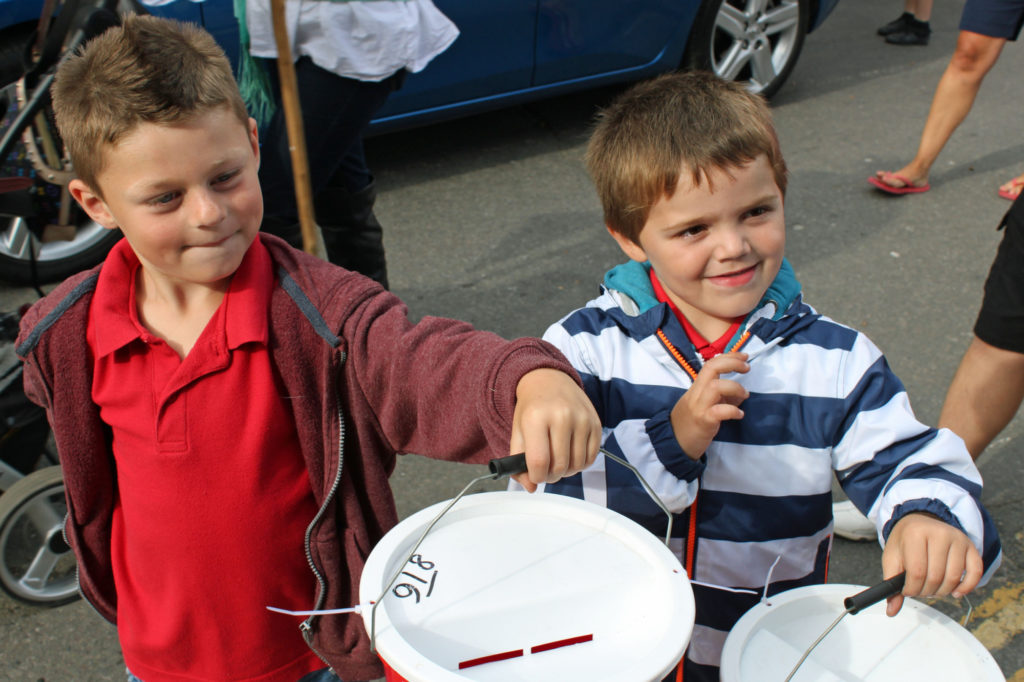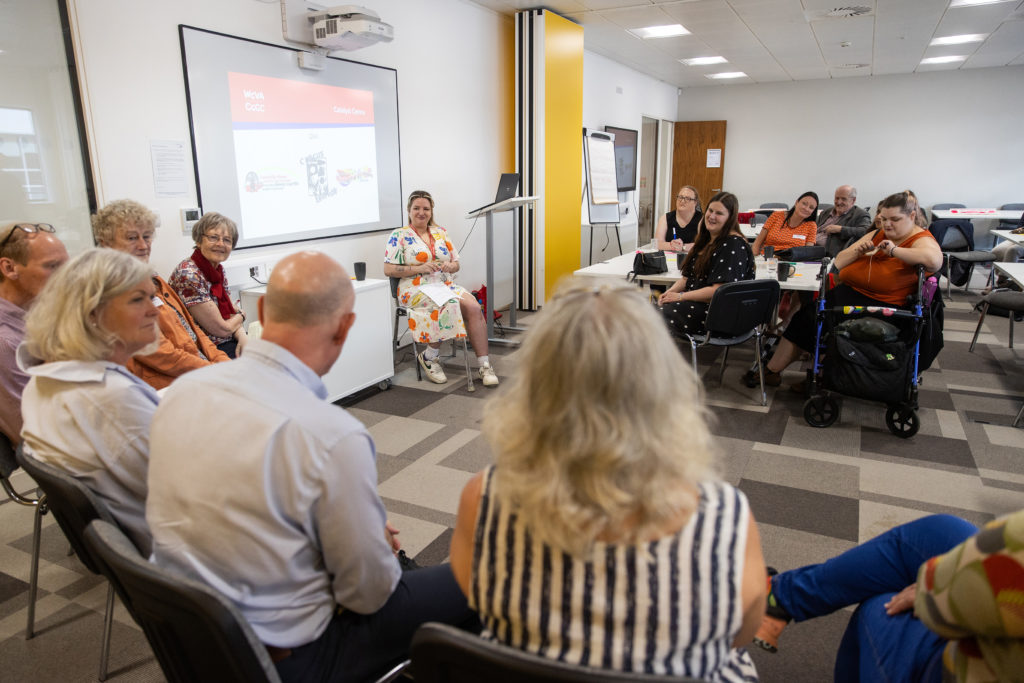Filter by Pillar

Fundraising Donations
There are a number of ways to fundraise from individuals. This information sheet will focus on regular giving, collections (including face-to-face fundraising) and lotteries.

Fundraising legacies
Legacy fundraising offers a potentially significant income stream and offer a very effective way for donors to support your cause.

Introduction to Gift Aid
Gift Aid is a scheme that allows charities and Community Amateur Sports Clubs (CASCs) to claim an extra 25p from HM Revenue & Customs (HMRC) for every £1 donated by an eligible taxpayer.

Costing your tender
Voluntary sector organisations are increasingly seeking to diversify their income sources by incorporating strategies and techniques to achieve a sustainable funding base.

Full Cost Recovery
Full cost recovery is a method of budgeting projects or services that allows organisations to recover all costs associated with the delivery of the project or service when applying to funders or submitting tenders.

Introduction to Tendering
Voluntary sector organisations are increasingly seeking to diversify their income sources by incorporating strategies and techniques to achieve a sustainable funding base. Tendering for the delivery of goods or services under the terms of a contract is one of many options that can be considered to generate income.

Catalyst Cymru: Broadening Horizons Toolkit
This legacy toolkit has been developed to support other organisations work to increase diversity within their work.

Developing a Successful Tender
Contracts are won, and lost, on the quality of the tenders submitted therefore being able to write a good tender is essential. This information sheet is intended to provide a brief overview of how to develop a successful tender.

Introduction to Procurement
The majority of third sector organisations that deliver contracts do so for the public sector. This information sheet is intended to provide a brief overview of procurement within the public sector.

Basic Bookkeeping
All organisations must keep records of their financial transactions and these records may be open to scrutiny by the Charity Commission (where the organisation is a registered charity) and/or HMRC.

Record Keeping for European Funding Projects
This guidance offers some practical advice and suggestions on keeping records to help ensure that projects funded by European Structural funds can comply with the requirements of their funding.

Using Volunteers’ Time as Match Funding
Unpaid voluntary activity can be used as a source of in-kind match funding for projects receiving funding from the European Structural Fund programmes in Wales.

